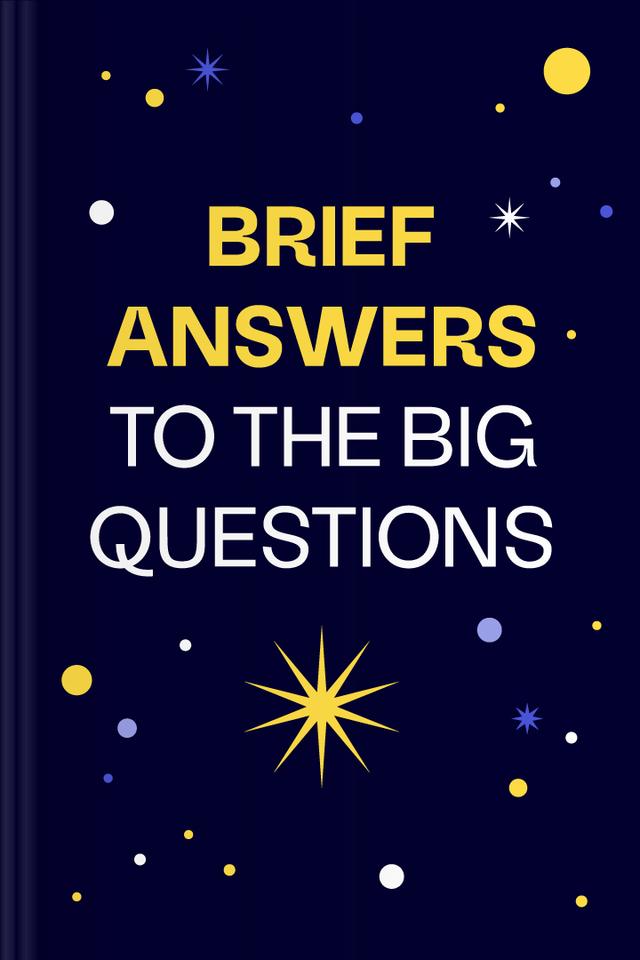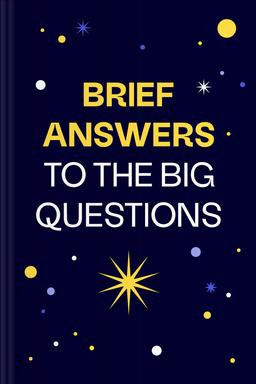You’ll learn
- The minute origin of the Big Bang
- Why space research can save lives
- How AI might surpass human intellect
- About the threats Earth faces
Protect the world’s peace. Donate to support Ukraine

first KEY POINT
Why are we all here? Where did we all come from? Both religion and science postulate responses to these fundamental questions, and either reach profoundly dissimilar suppositions. Science argues that human existence is accidental, while religion postulates that there is inborn meaning in human life.These questions arise from humans’ penchant to understand and explain our universe. Initially, man depended on religion to provide these answers. Before science gave a logical and verifiable explanation for lightning, rain and other natural phenomena, it was believed that gods were responsible for these things.
The game of tennis shows that the ball always gets to the position where the natural laws of gravity and motion predict it will. There are no exceptions. Certainly, there are other variables that influence the outcome, such as the force with which the player hits the ball or the wind speed, but these act as simple data points, processed by these natural laws in an invariable way to estimate the result. These laws are universal.The revolution of our planet obeys natural laws. Moreover, natural laws can’t be broken by anyone. This means that God would have to obey the laws. Theology diverges at this point with its assertion of divine omnipotence.To bridge the gap between religious definitions and scientific definitions of God, we need to see God and these universal laws as one and the same.This would mean defining God as the laws of nature itself rather than a conscious being who is responsible for its creation.
second KEY POINT
The Big Bang hypothesis is the dominant cosmological explanation that states that the universe began as an endlessly hot and dense singularity that expanded over 13.8 billion years to become the universe we know today. Most humans do not find the definition of the Big Bang theory comforting because of their desire to think of God as the creator of the universe. But looking at the universe in its magnitude and comparing it to how puny and unintended human life is, the probability of a divine creator is microscopic. If the traditional understanding of the beginning of the universe is unsound, how then did the universe begin?

Continue reading with Headway app
Continue readingfirst KEY POINT
second KEY POINT
third KEY POINT
fourth KEY POINT
fifth KEY POINT
sixth KEY POINT
seventh KEY POINT